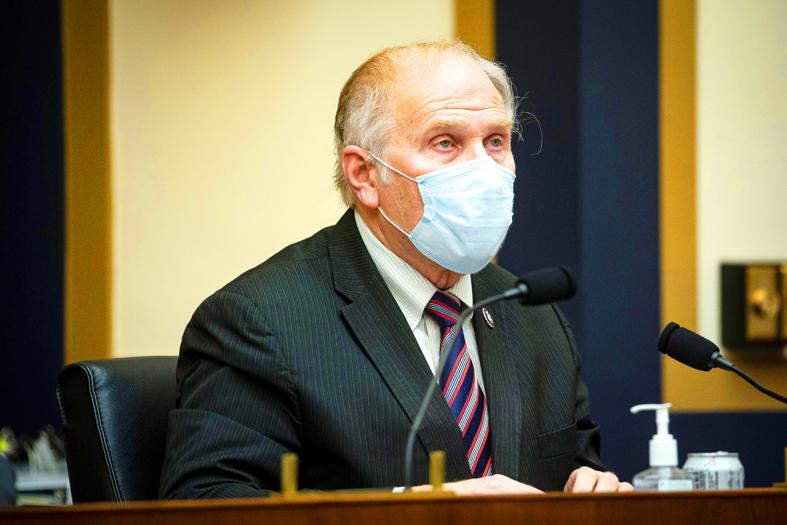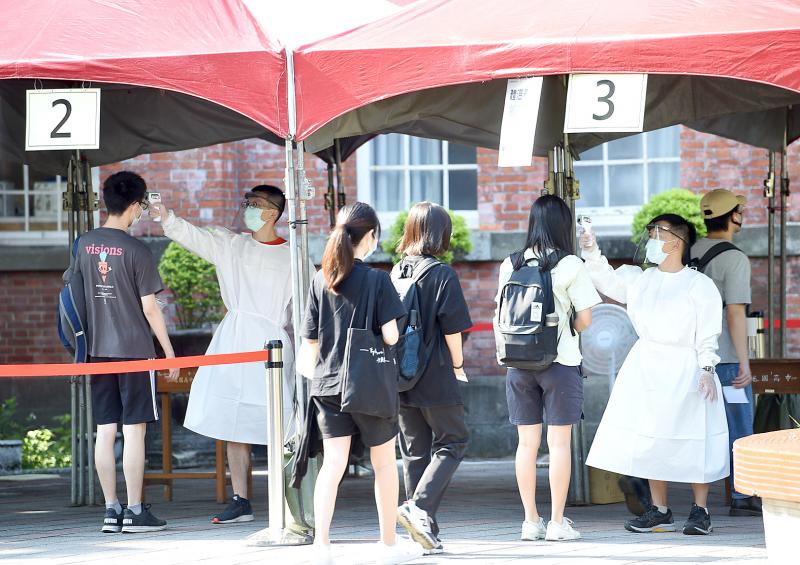British Secretary of State for Defence Ben Wallace on Sunday last week visited Tokyo to meet with Japanese Minister of Defense Nobuo Kishi.
Wallace’s trip was far more than a simple courtesy call. The UK and Japan are clearly in the process of laying the foundations for an alliance, a development that would further complicate an already complex situation in the Indo-Pacific region.













